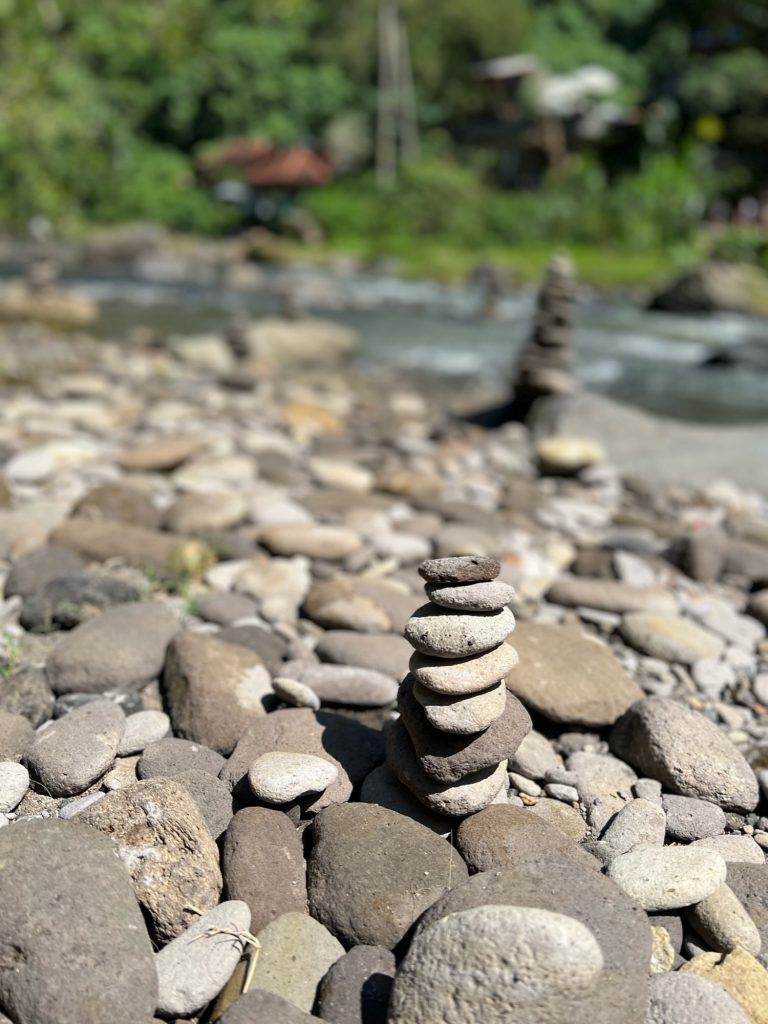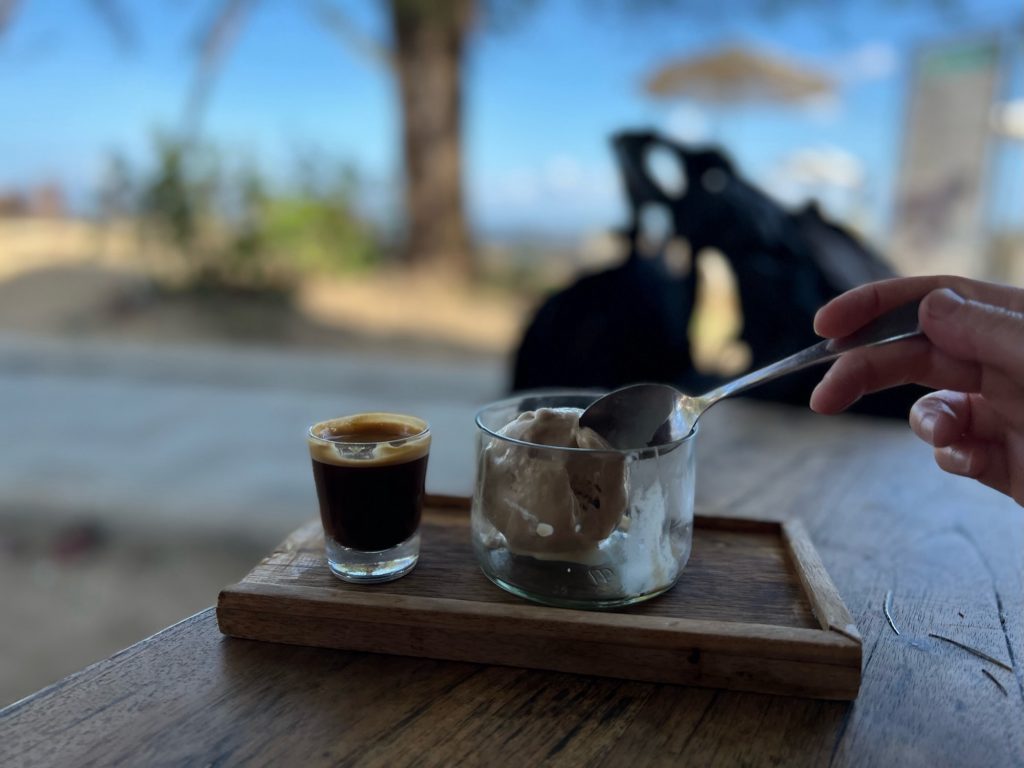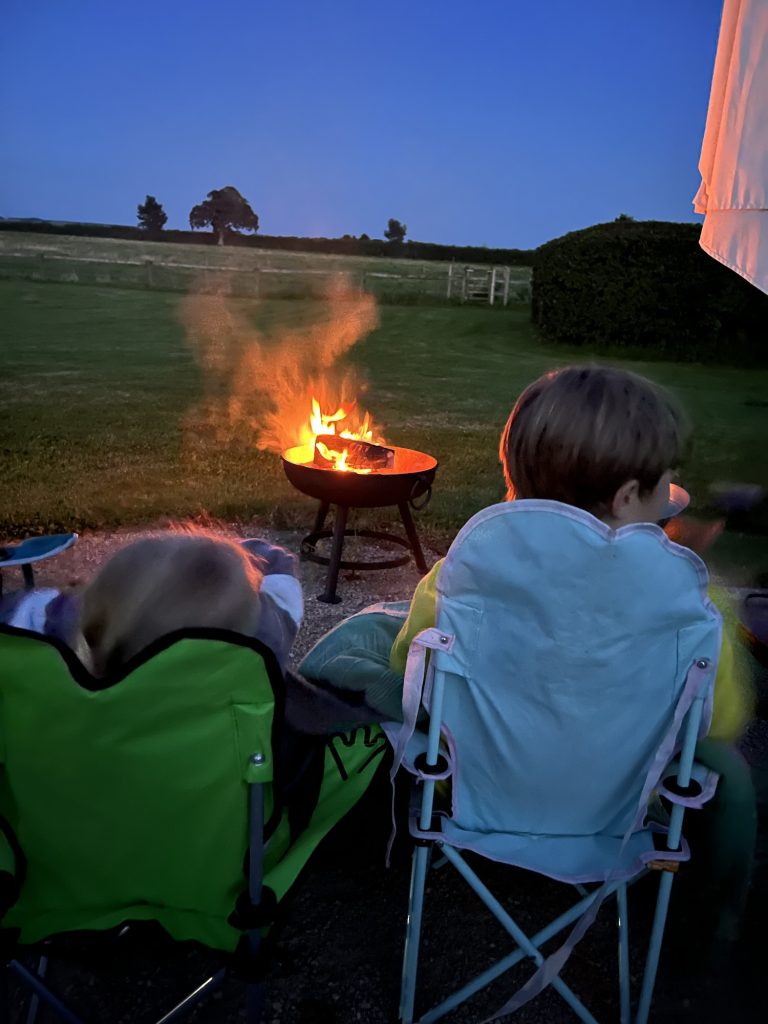
Andy’s Man Club
*Warning – this blog post contains sensitive content around discussions of mental health
I’m lucky to work for a company that seems to value employee welfare and development as more than just tick boxes on an HR checklist. In the 2.5 years that I’ve worked there we’ve had really interesting and involved discussions around a range of subjects such as ageism, sexism, social mobility, hidden recruitment bias, neurodiversity, mental health, etc… I’ve heard views I hadn’t considered before and been able to reflect on things I might want to do differently in work and also more widely in life as a result.
One of the latest internal offerings was the chance to learn about a charity and movement called Andy’s Man Club. It’s a men’s suicide prevention group that aims to offer men the chance to talk, anonymously, about their troubles in the aim of helping end the stigma surrounding men’s mental health through the power of conversation. It was set up in 2016 by the mum and brother in-law of a man called Andrew Roberts who sadly took his on life aged 23, without having shared with his family he was struggling before this point. They channelled the pain of losing Andy into trying to break the stigma around men’s mental health with the hope that they could help avoid just one family go through what they’d been through.
I strongly suggest visiting their website if you’re interested or think it could be useful to someone you know: https://andysmanclub.co.uk.
We have one aim, to help one guy, to save one life.
Andy’s Man Club
The talk was eye opening, soul stirring but also uplifting. You got a feel for how many people it’s helped and how big a problem the difficulty of discussing men’s mental health is for finding solutions for those who might need it. The statistic that they quoted that suicide is the biggest killer in men under 50 was astonishing to me. They’ve also had a phenomenal trajectory over the last 8 years with key celebrity endorsements and a huge growth in the number of support groups they are able to provide. The people that they’ve been able to help seem very keen to then go on and help others both as a reflection of how it’s helped them but also in giving a sense of purpose and value to those who perhaps previously felt they lacked it.

I’ve certainly experienced ups and downs in my mental health over my lifetime but don’t think I’ve ever felt at any risk of being suicidal. As somebody who probably chronically overshares and has lived much of my life with blatant disregard for conforming to (some) gender stereotypes; I didn’t feel like I was perhaps the target audience for what they were offering. Although I do fully acknowledge that I ‘learnt’ the social pantomime of following club football while at university to give me a way of communicating with male friends in an environment where it was assumed that communication with potential female friends was means to an alternative agenda. So I certainly recognise some of the themes they say help break down those barriers.
I’m also incredibly lucky that in the occasional moments that I have felt overwhelmed by my mental health, I’ve been able to reach out to a handful of close friends and openly admit that I’m not coping particularly well and been so lucky to be supported with open arms. In these times, despite having a wife I feel I can discuss absolutely everything with, it can be helpful to talk to someone slightly removed from everyday life.

While the session was unsurprisingly heart-wrenching given the content; I felt quite triggered and overwhelmed by the end and had to take some time to compose myself before returning to my desk. There were a couple of people in our group who commented that they’d been affected by suicide to some extent in their lives and I was aware of knowing people who had but not directly myself. It took me a while to work out, therefore, why the session had had such a profound effect on me.
The truth is that suicide was a big cloud over parts of my childhood.
I don’t want to revel in self-pity and I’m also not looking to point fingers given the empathy I probably now have for how life brings highs and lows. But it was interesting to me that it took a while to realise why discussing suicide and prevention for 40 minutes left me feeling emotionally raw. And I think that’s worth exploring a little.
In my complex family, there were threads of mental health impacts throughout my childhood. For every challenging part of my childhood there is a positive spin and consequence to take from it. And so I genuinely believe it doesn’t make sense to look back with a lens of whether I had a ‘good’ or ‘bad’ childhood. As a result, I can’t be sure that the environment that I’m trying to create for own kids will necessarily foster the opportunities I might actually hope for them. But I grew up knowing I was loved and I hope that my kids can say the same.
That said, in my teenage years, I was acutely aware of the fluctuating mental health of a member of my immediate family (I’m sure you’ll understand and appreciate my deliberate ambiguity here). They clearly expressed suicidal thoughts and I sincerely believed that there was a chance that they might take their own life at some point. This lasted for a number of years and I was torn between doing what (little) I could to help them but also emotionally protect myself from the eventuality that they might. This was particularly acute when I went on holiday for about 3 weeks when I was 16/17 without them. They were genuinely unsure whether they would still be around when I got back and, as such, so was I. Whether consciously or not, I started a process of self-preservation from that point onwards which meant distancing myself emotionally from that person so that the idea of their loss becomes a little bit less unbearable. I should point out that this person is still in my life and their mental health is in a much better place than when I was a child. But I’m not sure I’ve ever allowed myself to fully reopen my vulnerability towards them for fear of getting hurt.
I fear that this was a formative experience for me even though I wouldn’t categorise myself as someone who has struggled to have open communicative relationships with people in my adult life. That said, I have had various burst of talking therapy for a variety of reasons (most notably to cope with suspected PTSD after the birth of Dragon and in preparation for the birth of Griffin) and my relationship with this family member always ends up being a obvious (and difficult) point to talk through.
Looking back, I don’t know that I have any guidance or benefits of hindsight to pass back to my teenage self. It was a horrible situation and it’s clear to me now that I couldn’t have done much to help this person and that I shouldn’t have expected myself to do so. But I do hope that possibly there is greater support now than there was then; or at least a greater appreciation of the signs of depression and the practical steps that can be taken.
On a positive side, I’m pleased that going through these experiences seems to have left me with a greater empathy and understanding of the ways that people struggle in ways you might not be able to see. I suspect it would have been easy to just close up and limit my vulnerability to others in general as a continuation of that self-preservation. I don’t feel I can take any credit for the ways in which these experiences shaped me; but I can’t at least be grateful.
I hope that me sharing this experience encourages others to share their experiences too. If the tag line of Andy’s Man Club is ‘it’s okay to talk’ as a way of encouraging discussion in men who may be finding the burden of life in the face of a stigma against discussion their emotions and struggles; I guess I would hope that anyone who has lived in the shadow of either potential or actual suicide is also able to process what this means to them. I suspect that I have not until now (or at least well into my adult life) really allowed myself to process what this experience has meant to me.
Toodlepips x
